The White House has seen a surge in conspiracy theorists, with fringe ideas being turned into policy. According to sources, these individuals are leveraging a mix of technology and politics to spread their ideologies, which have been prevalent for centuries. The rise of online echo chambers and generative AI has made it easier for conspiracy theories to spread and gain traction.
In an interview, MIT Technology Review's editor-in-chief, Gideon Lichfield, stated, "The current boom in conspiracy theories is reshaping science and technology in unprecedented ways. It's essential to understand the underlying factors driving this trend and how it's impacting our institutions." Lichfield emphasized the need for a nuanced approach to addressing the issue, acknowledging that conspiracy theories have been present throughout history.
The COVID-19 pandemic has been cited as a significant factor in the proliferation of conspiracy theories. The isolation and uncertainty caused by the pandemic created an environment conducive to the spread of misinformation. Social media platforms, which have become essential tools for disseminating information, have also played a significant role in amplifying conspiracy theories.
Dorian Lynskey, a contributing writer for MIT Technology Review, notes in his article that "the internet has made it easier than ever to be a conspiracy theorist. With the rise of social media and online platforms, it's now possible to reach a vast audience with minimal effort." Lynskey's piece explores the historical context of conspiracy theories and how they've evolved in the digital age.
The impact of conspiracy theories on science and technology is multifaceted. They can lead to the erosion of trust in institutions, hinder scientific progress, and create a culture of skepticism. In an effort to combat the spread of misinformation, tech companies have implemented measures to reduce the visibility of conspiracy theories on their platforms.
As the situation continues to unfold, experts are urging caution and calling for a more informed approach to addressing conspiracy theories. Lichfield emphasizes the need for a "fact-based conversation" and encourages individuals to seek out credible sources of information. The MIT Technology Review series, "The New Conspiracy Age," aims to provide a comprehensive understanding of the issue and its implications for science and technology.



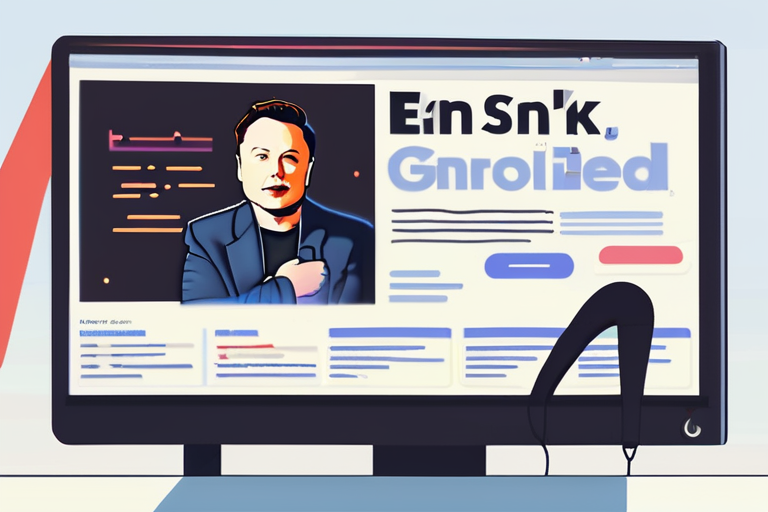
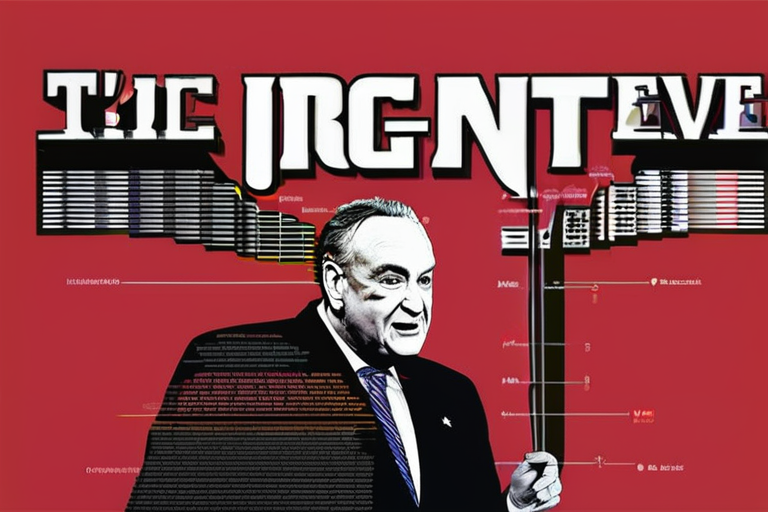

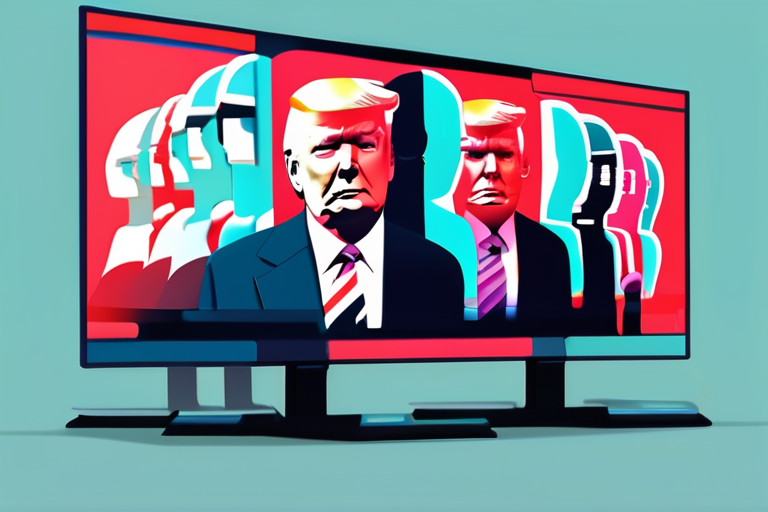
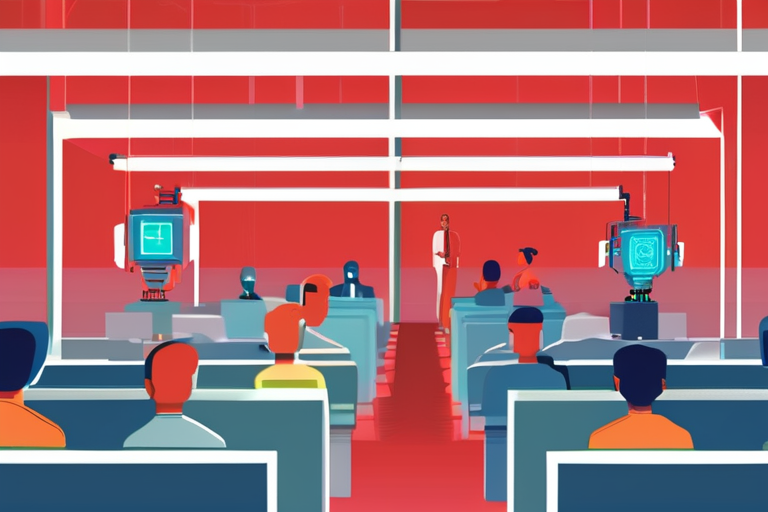
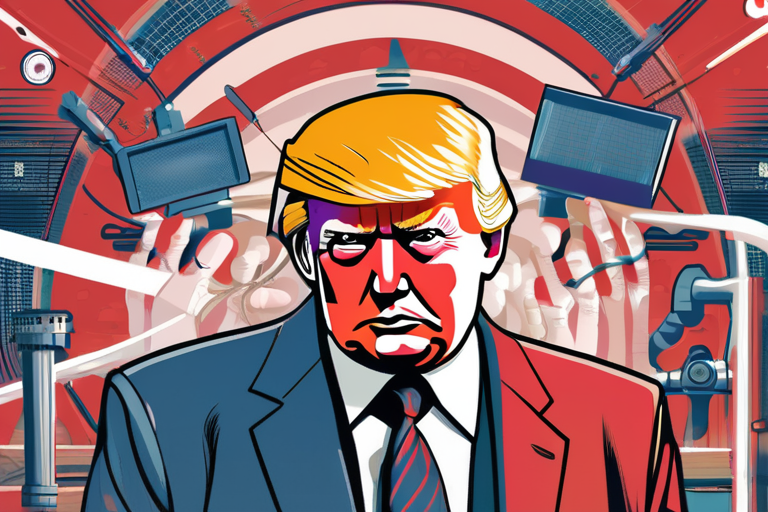

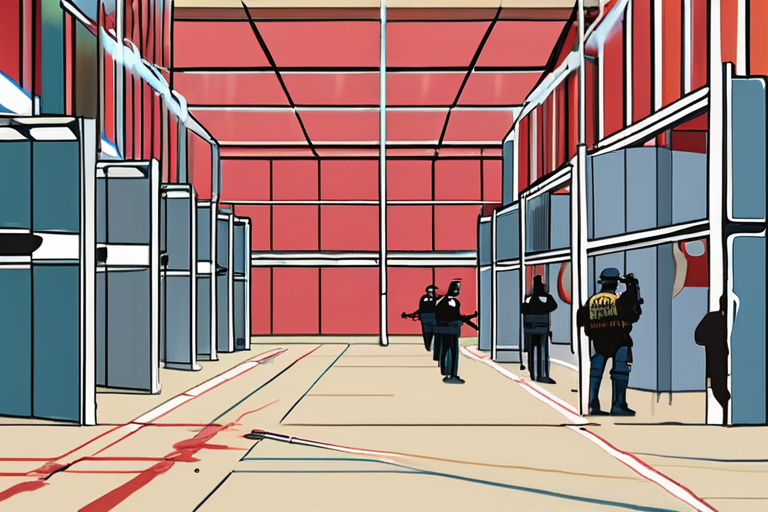



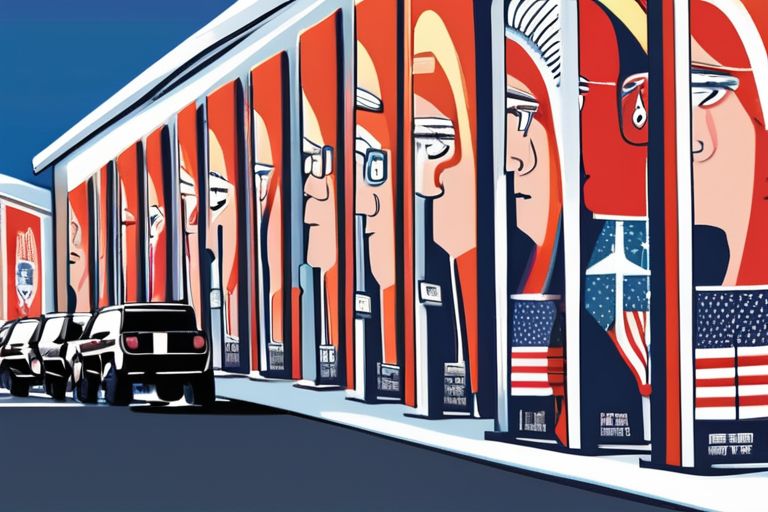
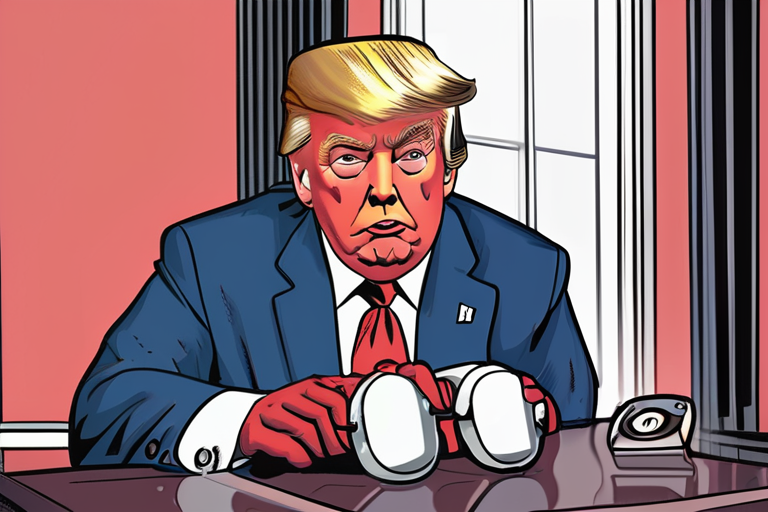
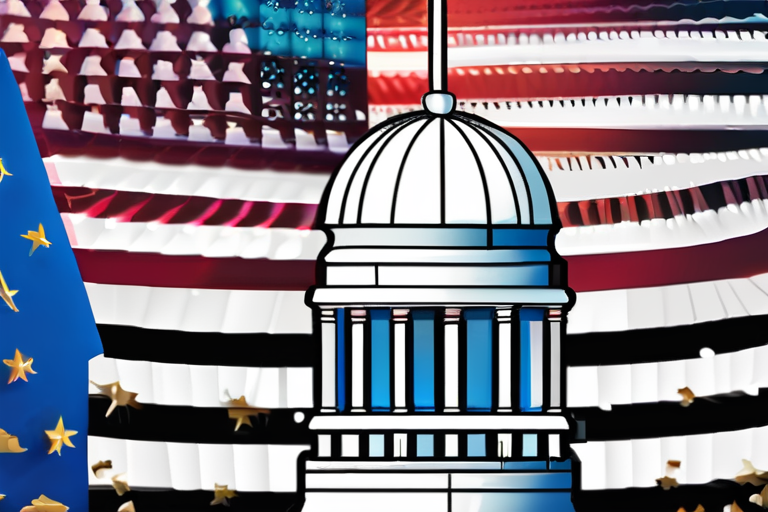
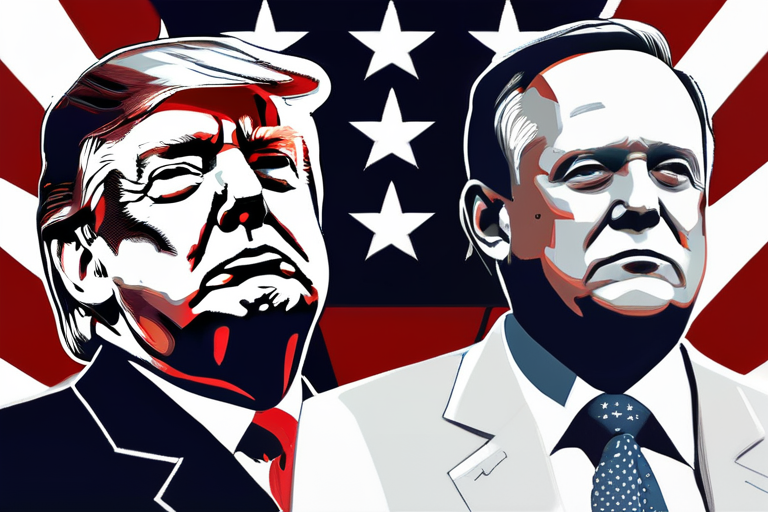




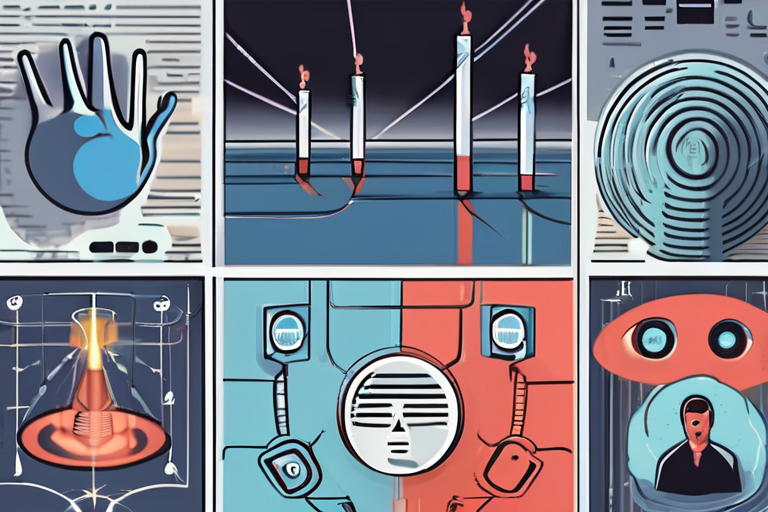


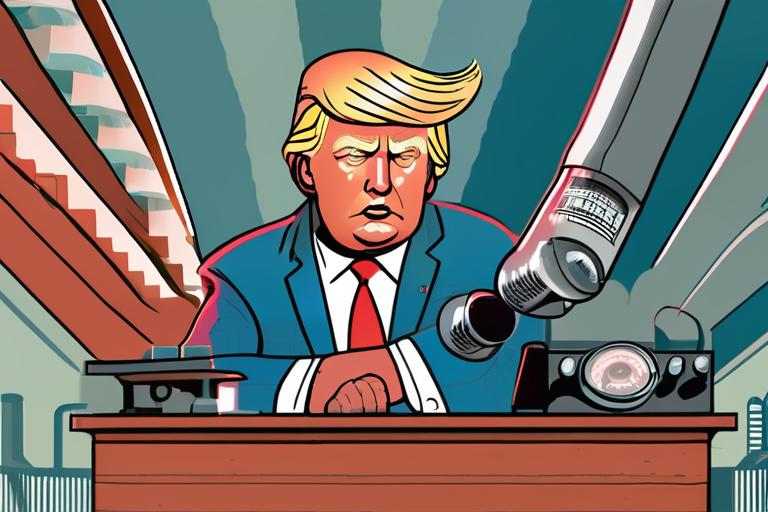

Share & Engage Share
Share this article